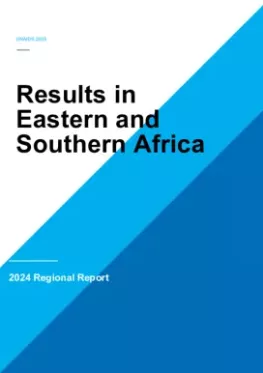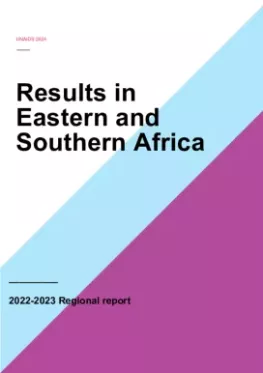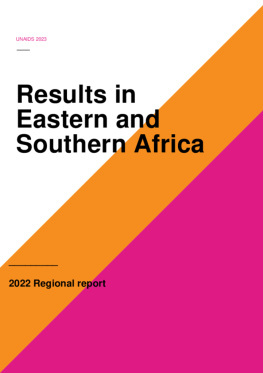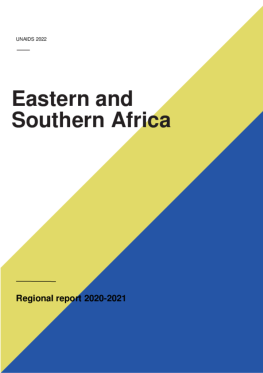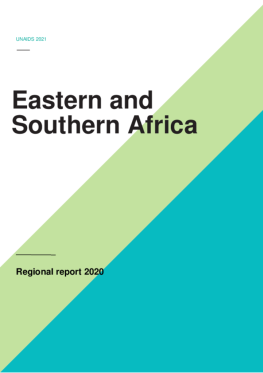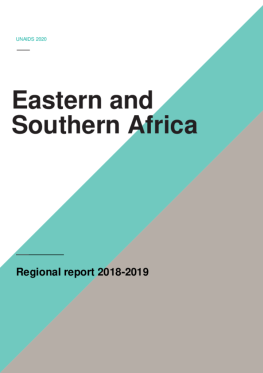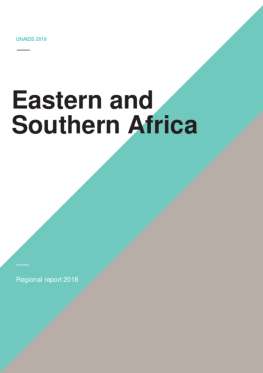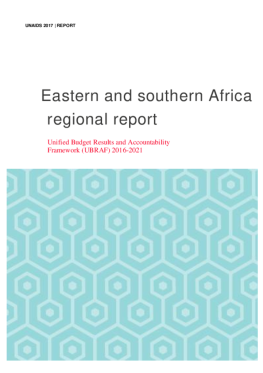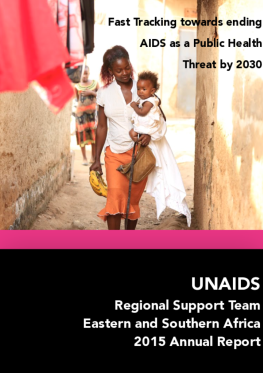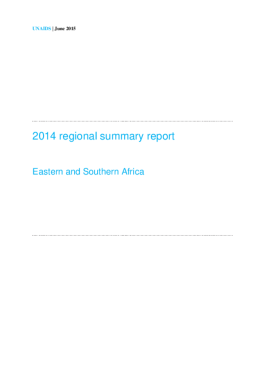In 2024, with the Joint Programme’s support, eastern and southern Africa focused on expanding access to improved HIV combination prevention to adolescent girls and young women while also removing legal barriers for key populations to access services. The region also made significant strides towards ending AIDS in children and preventing vertical transmission of HIV. South-South learning exchange led to improved capacities to strengthen HIV prevention strategies across all countries. Data-driven HIV combination prevention strategies for targeted interventions to close gaps improved across the region effectively aided by updated prevention scorecards in all countries and the finalization of prevention roadmaps in some. Pre-exposure prophylaxis (PrEP) programming improved in 14 countries as well as the adoption of effective strategies for scaling up PrEP. Accelerated action on gender and HIV after the adoption of a landmark Southern African Development Community (SADC) resolution and the Sexual and Reproductive Health and Rights roadmap, and implementation of the “men and boys” frameworks in five countries.
Eastern and Southern Africa
Despite the ongoing HIV-related human rights challenges faced by key and vulnerable populations across the region, the Joint Programme successfully advocated for and led initiatives to document and address these barriers. Gains were made in the recognition and documentation of glaring HIV-related human rights breaches, including gender-based violence, and stronger capacities of women, youth- and key populations-led organizations to address them and of local leaders to end harmful practices that put women, girls and key populations at risk of HIV . Thanks to the Joint Programme’s support, there was an expansion and improvement of community-led HV monitoring, including the development and piloting of guidance on costing community-led responses and pilots on social contracting.
Sustainability of the HIV response was advanced through technical and financial support for the development of HIV sustainability roadmaps in 13 countries. Cost of inaction studies, resources tracking and the Sexual and Reproductive Health and Rights (2gether 4 SRHR) initiative informed critical movement on sustainability of the HIV response, enhancing national preparedness and response mechanisms for sexual and reproductive health, HIV, and gender-based violence in humanitarian settings.


